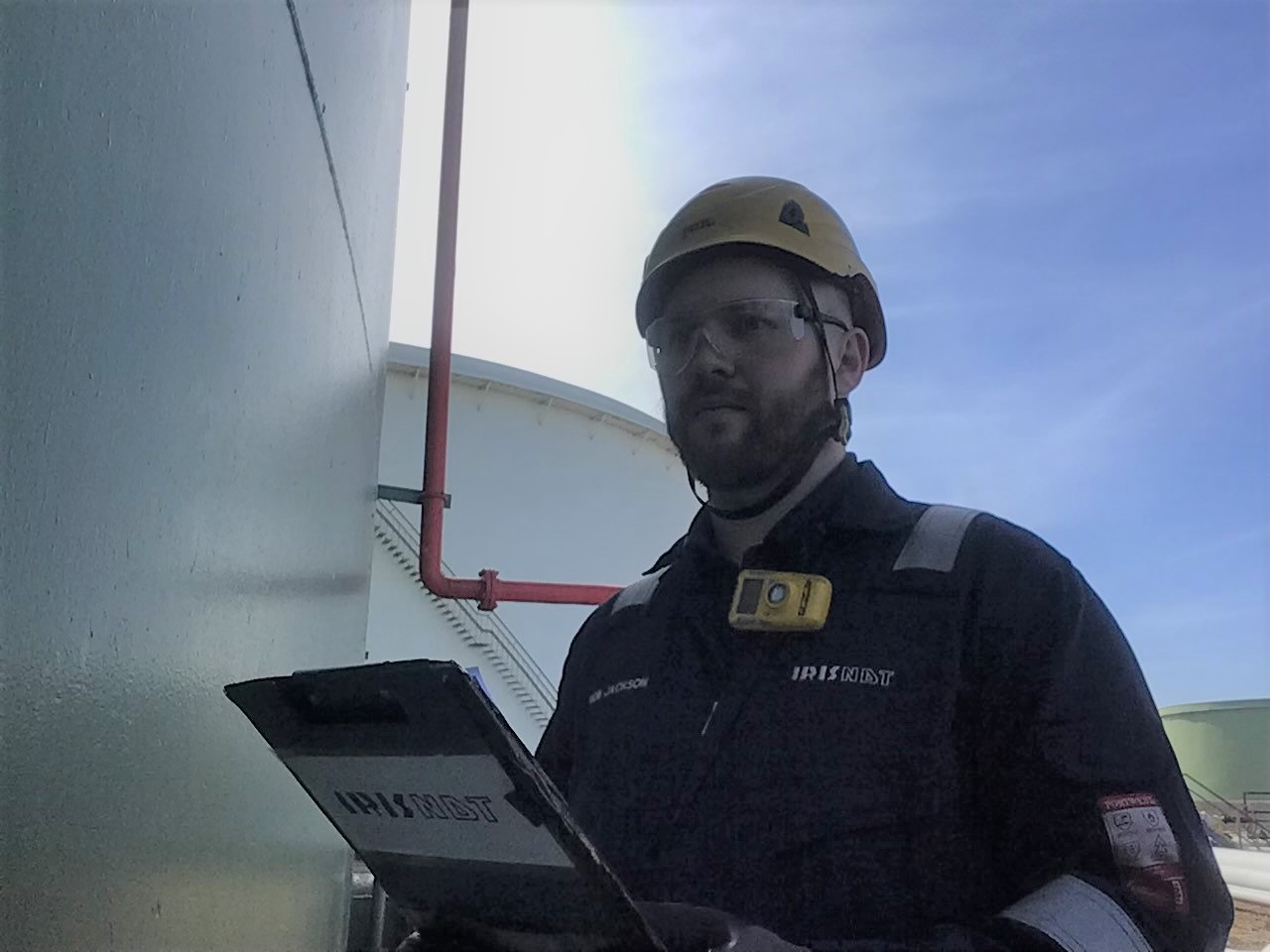Robert is first to graduate from Non-Destructive Testing course
Date 28.07.2020
28.07.2020
The University of Northampton is delighted to recognise the first graduate of its degree-level apprenticeship in Non-Destructive Testing (NDT).
NDT is the application of four areas of science – physics, chemistry, biology and maths – to create methods of testing that leave the item under test totally undamaged. This means that the component – the casting, weld or forging, for example – can continue to be used and that the non-destructive testing method has done no harm.
NDT professionals play a crucial role in testing and safeguarding the UK’s infrastructure across a wide range of STEM industries, including engineering, automotive, aerospace and oil and gas.
The Level 6 Non-Destructive Testing Engineer Apprenticeship was launched by the University in 2018, in partnership with apprenticeships company Skills Training UK.
The course was developed for STEM employers to help them tackle growing skills gaps by enabling senior NDT professionals to gain high-level skills and professional recognition.
Robert Jackson is the first to graduate from the course, which he completed while working as a sub-contracted supervisor at a leading international supplier of NDT services, IRISNDT.
Robert’s Apprenticeship was managed by Skills Training UK, with the training delivered through both on and off-the-job training, coaching and mentoring. The University provided e-learning through its innovative e-learning platform while Level 3 NDT training and examinations were provided by Skills Training UK’s specialist NDT partner Argyll Ruane (IMechE).
Stephen Crawley, Chief Operating Officer at Skills Training UK, added: “We know from our work within the sector that the NDT community has an ageing workforce and that there is a growing skills gap.
“Robert is a shining example of how employers can use their Apprenticeship Levy to tackle some of these challenges and how the programme can be flexible depending on the experience of the individual. We hope that this inspires more employers to develop their workforce and inspire the next generation of NDT specialists.”
Abdeldjalil Bennecer, Senior Lecturer in Engineering at the University, said: “Robert has demonstrated that he is not only able to produce academic work consistently to a high standard but also to combine this with his work commitments whilst meeting the requirements set out in the higher degree apprenticeship standard. The BSc NDT is a unique and specialised provision by the University of Northampton in the field of NDT and is approved by the British Institute of Non Destructive Testing.”
John Moody, Senior Technical Manager at the British Institute for Non-Destructive Testing (BINDT), said: “On behalf of the BINDT we would like to congratulate Robert for leading the way in being the first to achieve the BSc, and we hope that his success will inspire others to get involved in what is truly a unique offering.”
IRISNDT, a leader in NDT nationwide and internationally, was one of the first employers to invest in their staff through the NDT Apprenticeship standards when they were introduced two years ago. They currently have eight employees completing NDT Apprenticeships.
Robert (31), who has worked for IRISNDT for 13 years, enrolled on to the NDT Engineer Apprenticeship after previously completing his NDT Foundation Degree course, allowing him to fast-track and go straight onto the BSc top-up and complete the BSc Degree Level 6 in just 16 months.
Robert said: “After completing the Foundation Degree NDT course, I knew that the BSc Degree level was the next step for me to expand on my existing knowledge and apply it through supervising and managing others.
“The tutors and trainers at Skills Training UK, the University of Northampton and Argyll Ruane (IMechE) have been great and the course has been hugely beneficial to my career development. I’ve not only built on my existing knowledge of testing methods, but I have also had the opportunity to become certified as IEng within the Engineering Council.”